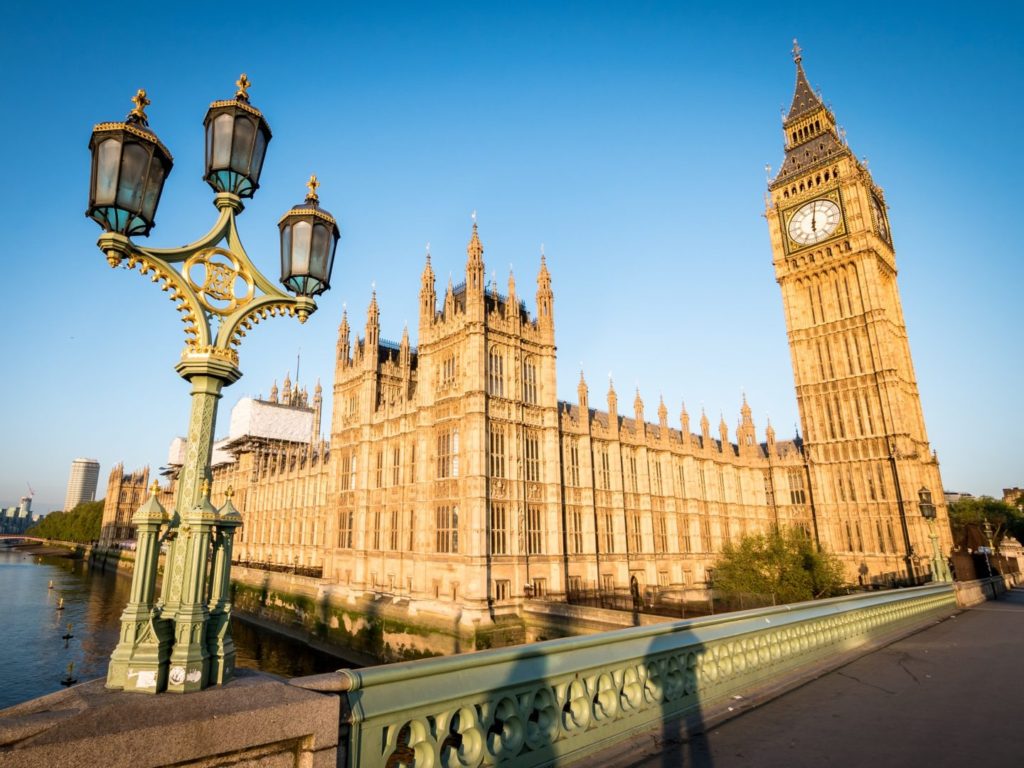RCEM welcomes Government funding, but warns it won’t be enough

Responding to the announcement of an extra £5.4 billion of funding for the NHS, Dr Katherine Henderson, President of the Royal College of Emergency Medicine, said:
“The announcement of this additional funding for the NHS over the next six months is very welcome. It comes at a crucial time when the health service enters what will likely be its most challenging winter ever, as it exits the pandemic, seeks to recover the elective backlog and faces the worst ever levels of performance in the summer.
“It is particularly welcome to see the investment in improving infection prevention control measures in hospitals, as this will continue to be of the utmost importance in the coming months. It is also pleasing to see funding to continue to improve the timely discharge of hospital patients. It is vital for Emergency Care that there is good flow throughout the hospital, which includes making sure patients have a smooth discharge from the hospital.
“While this short-term funding is appreciated, there must also be an adequate response to the sharp increase in demand and equivalent deterioration in performance. It is unlikely that this funding will be enough to help enable longer term recovery.
“The challenges that our Emergency Departments face stem from workforce shortages and capacity issues. A shortage of beds can lead to crowding, corridor care and poor flow through the hospital. Workforce shortages spread existing staff thinly and put them under severe pressure. These are long term issues and the only way to tackle them will be via a long-term funding plan for the health service, including a workforce plan to recruit nurses and doctors by expanding student medical and nursing places and training places.”
Dr Katherine Henderson, commenting on the announcement of a three-year settlement for health and social care, continued:
“The three-year funding settlement announced for health and social care is welcome. But the scale of the challenges faced across the health and social care service at a crucial time of recovery mean this will likely not be enough – and the government must be realistic in the colossal task ahead for the health and social care service. It is essential that a plan to address the workforce crisis is prioritised.
“It is also welcome to see the long overdue the first steps towards a plan for social care. There has been a crisis within social care for some time, so it will be good to see the government fulfil its pledge to reform and tackle the social care crisis. For that to happen, it is vital that an adequate proportion of the settlement is allocated to social care.”




